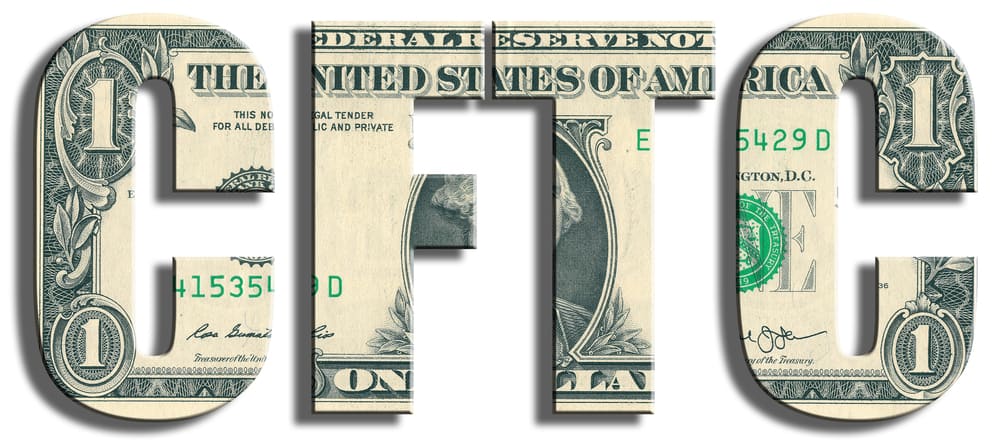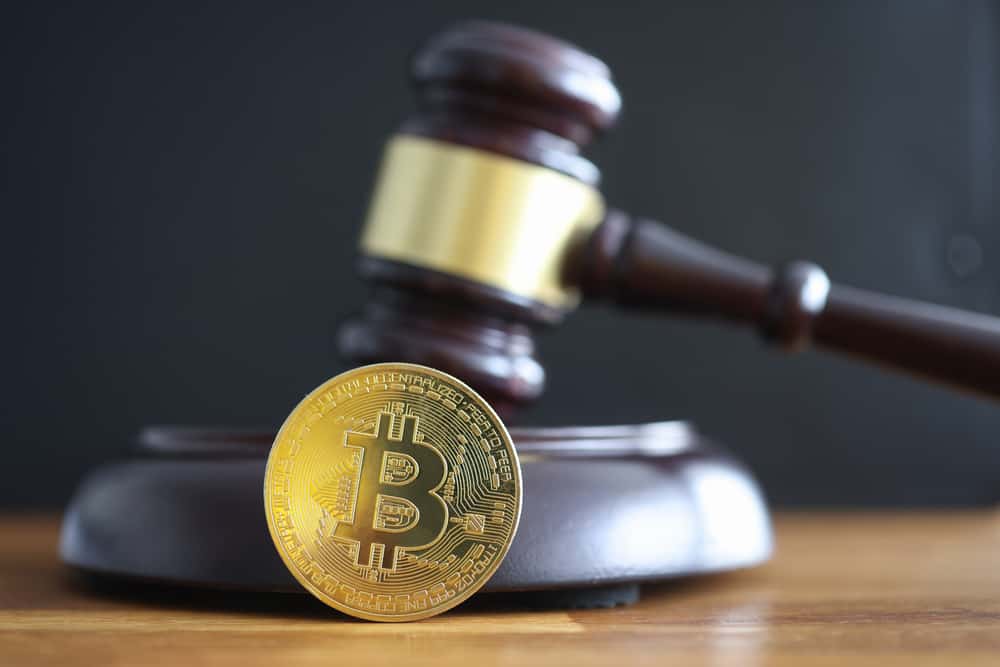Summary
- Strict legislation in the U.S. excludes Americans from most cryptocurrency margin trading.
- U.S. traders looking for a Cryptocurrency Margin Broker on platforms with high leverage are excluded, and only a few platforms accept trading.
- It is illegal to go through a VPN with an IP address from another country.
Understanding the regulations of margin trading in the U.S.
The Commodity Futures Trading Commission (CFTC) is the national supervisory authority in the U.S. It provides the legal framework for leverage trading commodities. It was established in the 1970s to regulate the futures and options markets in the country.
The CFTC also cooperates with the National Futures Association (NFA). The NFA is responsible for the regulation of derivatives trading in the U.S. This includes the regulation of futures traded directly on broker platforms, Forex, and SWAPs trading.
To offer their services, trading platforms in the USA must be members of the NFA. Mandatory authorization by the supervisory authority is mandatory. It is up to the authority to determine the financial products they trade, including their leverage.
The leverage for the various trading products is defined by the CFTC.
Cryptocurrency classification
Cryptocurrencies are a relatively new branch of financial trading products. In the U.S., they are legal and were classified as a commodity by the CFTC in 2015. However, since the digital currencies do not belong to a permitted and regulated group of financial products, the NFA does not accept crypto trading brokers as members.
Cryptocurrency brokers and leverage
Buying and selling digital currencies is legal in the U.S., and crypto trading platforms can function as exchange platforms. Margin trading with leverage is a different financial product and therefore, it cannot be offered. Citizens of the U.S. cannot use these platforms that offer margin trading.
Poloniex was banned to US traders in 2019, even though they provided small leverage of 2.5x. because of the complications and cost of dealing with the U.S. market, the company moved to the Seychelles.
Depending on the currency pair, U.S. citizens can trade on slight leverage of 5:1 on a platform called Kraken. However, the complications to achieve this entailed the issuing of licenses from countless authorities in each US state. This is quite a costly procedure, and Kraken is a large global used crypto trading platform that has been able to cover these expenses. However, they have been unable to meet the regulations of New York and Washington, so it cannot be used there.
Unfortunately, a trading platform with a maximum of 5 times leverage is not ideal and cannot replace margin trading brokers with higher leverage. Kraken does have certain advanced order settings and “Kraken Pro” offers the same type of advanced trading interface as other professional trading sites. These include automated trading settings with complex order types, order book, watch list, etc.
At Kraken, you will find that the Bitcoin Exchange offers a separate internal area for professional bitcoin trading with 50x leverage. Unfortunately, these futures are unavailable to U.S. citizens.
The specific licenses required from every state make it very difficult for trading platforms to offer leveraged commodities products in the U.S. The requirements are not only expensive but require a high level of transparency within the company and in general. It also requires transparency in fees and user transactions.
Other platforms are trying to introduce margin trading to the U.S. as soon as possible, but developments appear to be slow.
Stories about traders using VPN with IP addresses from other countries to trade in cryptocurrency commodity futures on banned websites abound. However, this is prohibited and illegal in the U.S.



